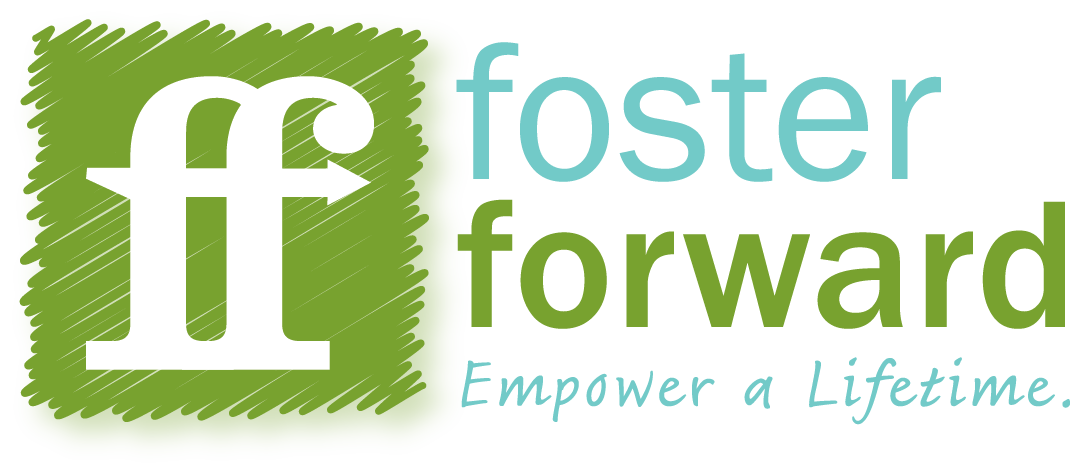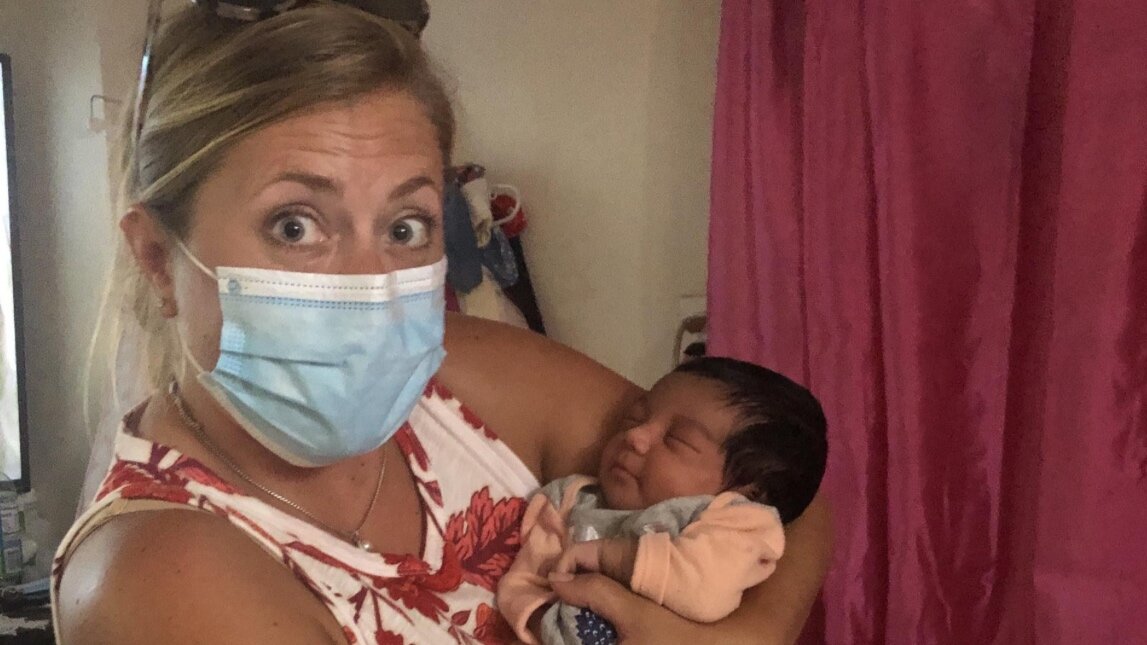Small victories over "big wins"
Foster children and youth often bounce from home to home, school to school, and have met with many case workers over their time in care. They've repeated their stories, some filled with serious trauma, over and over again to a series of adults in what can be many years. All of this shuffling can generate feelings of being cast aside, forgotten, and powerless in foster youth.
We want to put an end to that at Foster Forward. We believe that youth in foster care deserve to feel both seen and heard. How do we ensure that happens? We talked with Lindsay Kischko, one of our Youth Support Specialists, to share how we establish respectful relationships with foster youth.
"They hear more about their limitations than their capabilities," Lindsay shares. To work with and move beyond feelings of lack, Lindsay says she's committed to "building a foundation of shared respect and trust," and is deeply appreciated in the Foster Forward office for doing so.
Here are Lindsay's tips to help foster youth feel seen and heard:
Establish "Power Sharing"
Remind foster youth of their own agency. She says "doing for" doesn't work and instead adopts a "do with" approach. An example of this is a simple three way call. She'll have a youth call their landlord, employer, the bank, etc. to ask questions with her on the line, and only offers support when they get stuck.
Demonstrate Your Respect
Instead of giving foster youth a time to meet with her, she schedules time with them. Foster youth often have visits and phone calls without warning, and this simple act establishes a basis for trust. She also frequently asks, "What do you want to do?" and listens intently for their answers, often reminding foster youth of their wishes and interests.
Use Names and Forgo Labels
Foster youth constantly hear their labels - "in the system," "disrespectful," "abandoned," and so on. We all know how beautiful it is to hear our own name, so Lindsay says to use them. Lindsay approaches each youth as a unique human being in front of her.
Celebrate Small Victories over "Big Wins"
Celebrate anything that is significant for foster youth, no matter how grand. Acknowledging small victories like paying bills on time, putting money in a savings account, and applying for school make a big difference in the lives of these young people. And these experiences are often more sustainable, offering positive outcomes and growth as youth transition to young adulthood.
As a Youth Support Specialist, Lindsay is a "jack of all trades." She is often a source of stability and serves as a mentor for the youth we work with, helping them navigate school and home life, renting apartments, navigating utility bills, understanding credit, and starting families. Thank you Lindsay for sharing how you do what you do. We are grateful to call you a colleague at Foster Forward.
What would you add to this list? We're keeping the conversation open for ways to continue to ensure foster youth feel seen and heard.
Warmly,
Lisa Guillette
Executive Director

